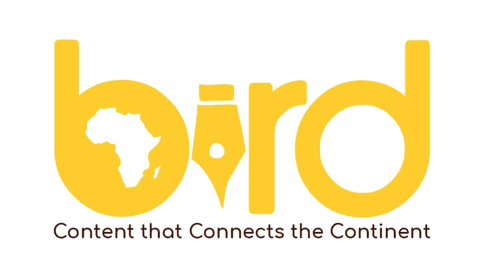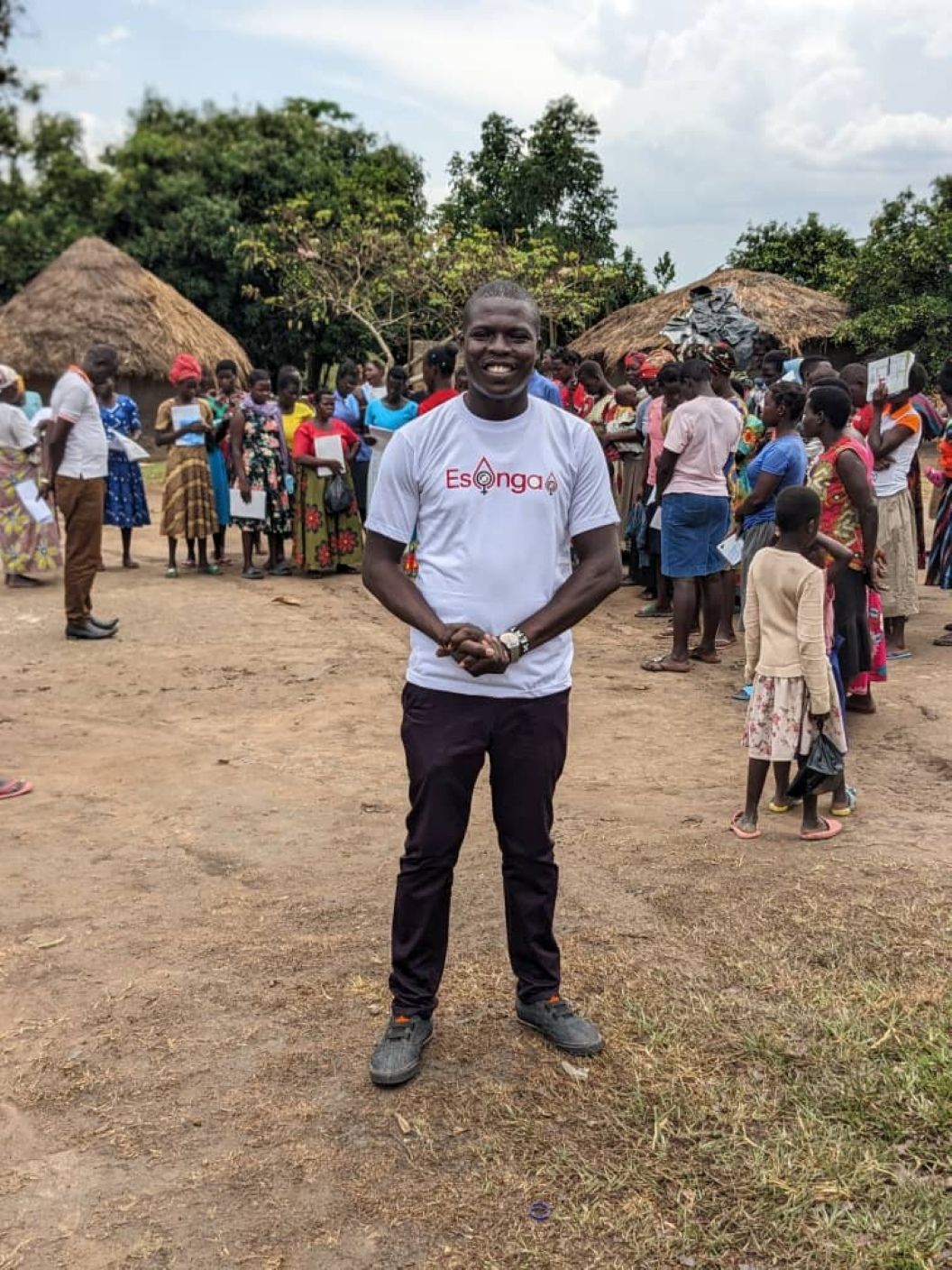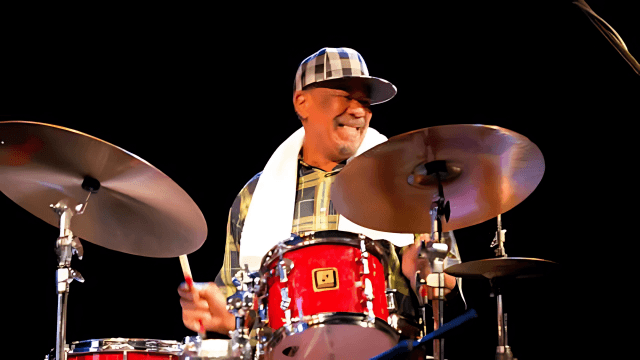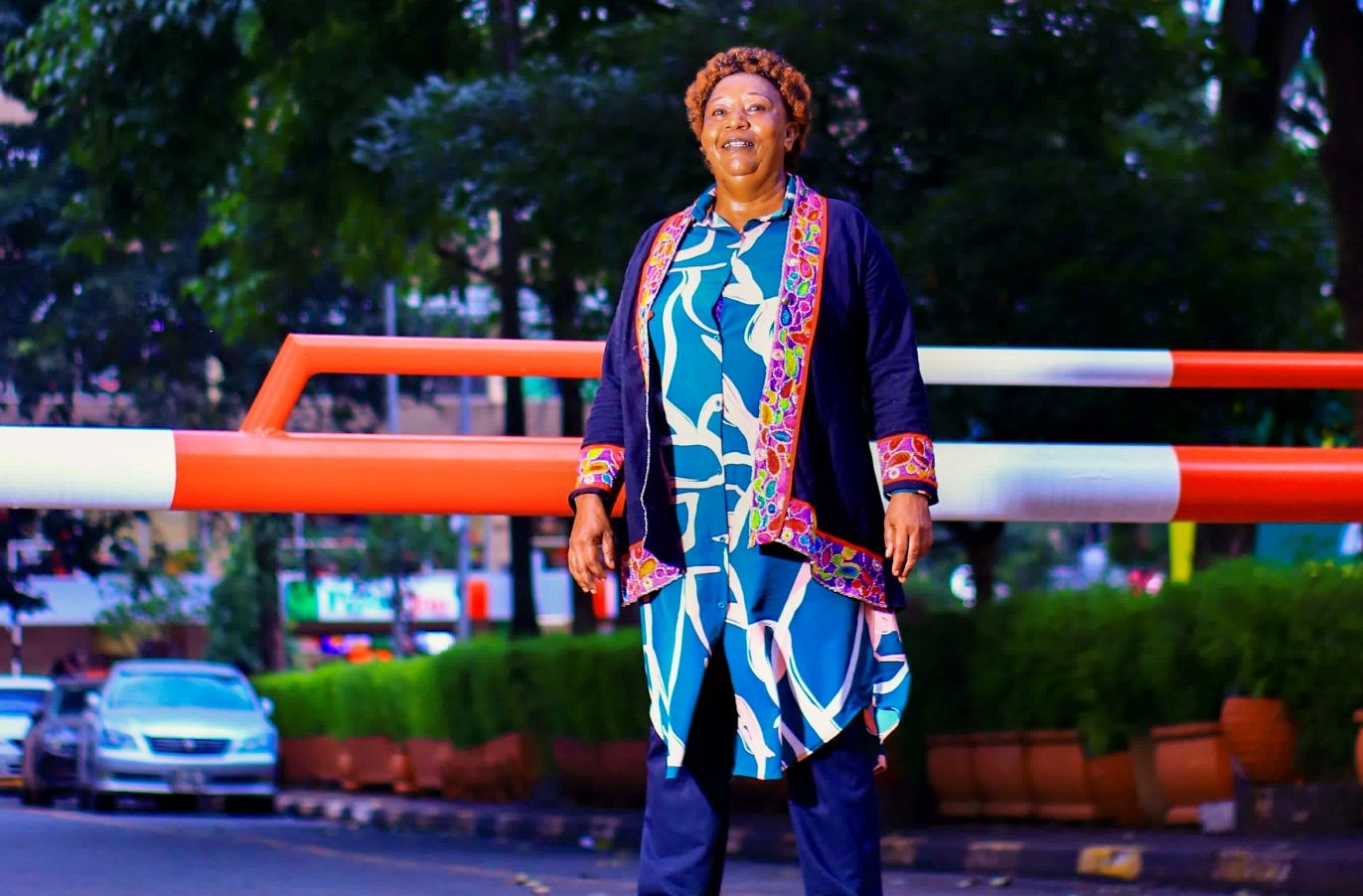Fatma Mohammed, who for years battled the little-discussed condition that in some areas affects up to 80 per cent of women of reproductive age, on her own, now leads the fight to educate women and overcome the trauma and other effects of uterine fibroids.
By Atieno Odera, bird story agency
Lying on the hospital bed surrounded by family members and medics, Fatma Mohammed, 36, was trying to recall what had happened to her and how she had ended up there – and most importantly, what had triggered the sudden turn in her once vibrant health.
However, this was not the first time she had suffered from a sudden dizzy spell and lost consciousness. The difference was that this was the first it happened in a public space. It was highly traumatising.
She wanted answers. Though doctors had previously diagnosed her as suffering from uterine fibroids, they had yet to address the symptoms that now threatened to scuttle the dreams and career of the journalist who had a live TV show – Pambazuka National Lottery – on the Kenyan station, NTV.
The last thing Mohammed could recall was getting out of a lift.
“On that Wednesday, August 23, 2017, my French classes ended at 4 pm and I quickly picked my notebook and pen and dashed out to the salon for make-up before my show, which was due in two hours,” she told bird story agency in an interview.
“As I stepped out of the building into the unusually hot afternoon, I felt a bit of light-headedness but ignored, telling myself it was because I had been sitting indoors for long – and the crazy weather. To keep off the direct sun, I chose to walk next to buildings on my way to my usual salon in the city’s central business district.”
At the salon, the beautician seemed to notice that something was amiss.
“You look sick,” she told Mohammed.
“'I feel slightly unwell, but I will be fine', I told her as I tried to steel myself,” the Kenyan TV personality explained.
She prayed that she was not about to experience one of her strange spells of dizziness.
“Oh, God, please, don’t let it happen and ruin my show.”
With barely 30 minutes to get to the studio, she settled the bill and dashed to the lift. As she stepped out on the ground floor, she blacked out.
She came to in Nairobi's Aga Khan University Hospital.
The matter escalated
Mohammed had been battling with cystic fibrosis for 15 years. She had first been diagnosed with the condition when she was 21. Doctors recommended surgery, but she was hesitant because she was unsure about what it meant for her as a young woman.
“I would pass out a lot – but in the house. This time, I panicked because it happened outdoors. It was a sign that the condition was getting worse," she said.
She suspended her French classes to allow herself more rest but continued with other work.
“I continued doing my live TV shows, but I would take a lot of rest before the show and during rehearsals.”
She was also dealing with anxiety, trauma, and anger.
“I kept cursing that little lump in my tummy that I had felt while playing with my little niece 15 years ago. What worried me most was that it became a condition that would put my career on the line,” says Mohammed.
“I was getting worse, and sadly, the numerous visits to doctors were not helping. I was angry at the doctors, myself and the world. My thinking was that if I went to the doctors to get help, I would at least understand what was going on in my body, and also if they would have advised me about oestrogen and its side effects, I would have known that thrombosis was a possibility. I didn’t have any of this information. Not even once was oestrogen mentioned. Not once in all those years, yet it was the culprit.”
Aside from fainting, she was also experiencing very long, heavy, and painful periods. The other condition was severe premenstrual syndrome which included mood swings so severe that she needed psychological support.
“My biggest support system became my mother because she is a psychologist. She had to handle me as a patient as well. While most women don’t get this much support, the PMS are normally bad, and I would definitely recommend a professional,” she shared.
Worries about never being able to have a child aggravated the situation.
At the same time, she dreaded the hysterectomy doctors were recommending. She believed that somewhere out there must be people like her who had conquered what she now knew as uterine fibroids (UFs), non-cancerous growths in a reproductive-aged women’s uterus.
“The charges for the surgeries are not affordable for many women. The costs range from Sh 80,000 for public hospitals to Sh 200,000 in private hospitals. As much as the National Health Insurance Fund can cover some of it, it also depends on one’s payment frequency. There are a lot of people who can’t afford this monthly fee.”
Though its cause has not been well understood, there are a number of predisposing factors for fibroids, such as family history, obesity, and early onset of puberty. The condition affects an estimated 170 million women globally. Most of those who have fibroids are below 50.
Dr. Agnes explains
Gynaecologist Dr. Agnes Gachoki insists that as much as some women have opted to resort to herbs and other remedies to help with the condition, the only real solution is removal through a surgical procedure.
“The reason why only surgery works is that fibroids are an oestrogen-dependent growth and you cannot really remove this hormone from the body. I have seen a lot of patients run away from surgery, but this poses a threat to their lives because when this growth turns into cancer, it can kill you. They hold hope that it will go away but fibroids don’t just go away.”
The doctor added that the most prevalent age of women who have severe fibroids includes women between the ages of 40 and 50 as they are no longer at their childbearing peak. Women aged between 20 and 30 are less likely to have fibroids.
“Early symptoms for fibroids include; painful menses, swelling in the lower abdomen which sometimes appears like a potbelly or pregnancy. While the only option is surgery, there are drugs that are sometimes given to victims who are bleeding a lot to help with the management. The medicine helps to shrink the fibroids so the bleeding is also less during surgery,” shared Dr. Gachoki.
Mohammed's action steps
In her search for answers, Mohammed started an online "sisterhood" platform to connect and speak with others suffering from the same condition and symptoms. What started out as an informal conversation has now morphed into a full-fledged entity – Wellness KE – for creating awareness of uterine fibroids and menstrual-related illnesses. In addition to discussions on the conditions, the platform also explores a variety of natural solutions.
Through the platform, Mohammed has discovered just how many women have been battling fibroids without any support.
Florence Kakai, a 30-year-old receptionist, is one user. Scheduled for surgery, she shared that turning to herbs and natural foods had provided relief from the heavy bleeding.
“I found out I had fibroids in 2019. I had been receiving very heavy periods. I got pregnant though, the same year, and gave birth in 2020, after which I got on Nano family planning. A few months later, I started feeling pain in my lower abdomen. I knew it might be the fibroids so I went in for an ultrasound. It was positive and at 9 cm. It was very hard for me to accept, so I took a break and just stayed like that,” she shared on the public group.
While waiting for her surgery, Kakai resorted to natural foods and herbs to shrink the fibroids, which had doubled in both size and pain.
“I started by cutting out red meat which was my favourite food, started eating more vegetables, cereals and salads, and became friends with avocados. My periods went back to normal in a couple of months. I started getting the normal four days, a bit painful but such a break. In March 2022, I went in for another ultrasound and the fibroid had gone back to its previous size, 9 cm. So, my doctor has advised us to wait and observe what will happen while I continue with the diet,” she explained.
Other journalists have joined the battle, too. Natalie Githinji, 24, has been using her journalism experience to encourage others battling the condition. TV and radio personality Njambi Koikai, 36, has endured the condition for 18 years. Her condition was so acute that and at one time, she even suffered a lung collapse and had to seek urgent surgery in the United States.
FDA Figures show that in some geographies, up to 80 per cent of women suffer uterine fibroids by the time they reach age 50. In fact, the reported incidence of fibroids in most studies is likely underestimated because they include only symptomatic women with clinical diagnoses confirmed ultrasonographically. That rules out tens if not hundreds of millions of women in areas that lack these specialised facilities.
The founder of Wellness KE is convinced that educating more women on hormonal health will go a long way in finding solutions to this illness. In the meantime, Wellness KE offers some relief through products such as teas, wellness packages and nutrition plans to help women maintain a healthy lifestyle from the comfort of their homes. These include green tea, which is essential for hormonal balance, turmeric tea which beats inflammation and helps with menstrual and fertility issues, and seed cycling to help boost fertility and balance hormones.
“It’s crazy how women are being dismissed. It doesn’t take much for women to understand the effects of oestrogen and progesterone on their reproductive health and how to best look out for their health. I have clients who’ve conceived after being warned by doctors that they can’t. By providing information and natural options and hormone packages, more and more women are gaining important knowledge and this is the goal,” Mohammed said.
bird story agency
Also Read: Dr. Conrad Tankou, the Physician Whose Smartphone System Is Saving Cancer Patients





